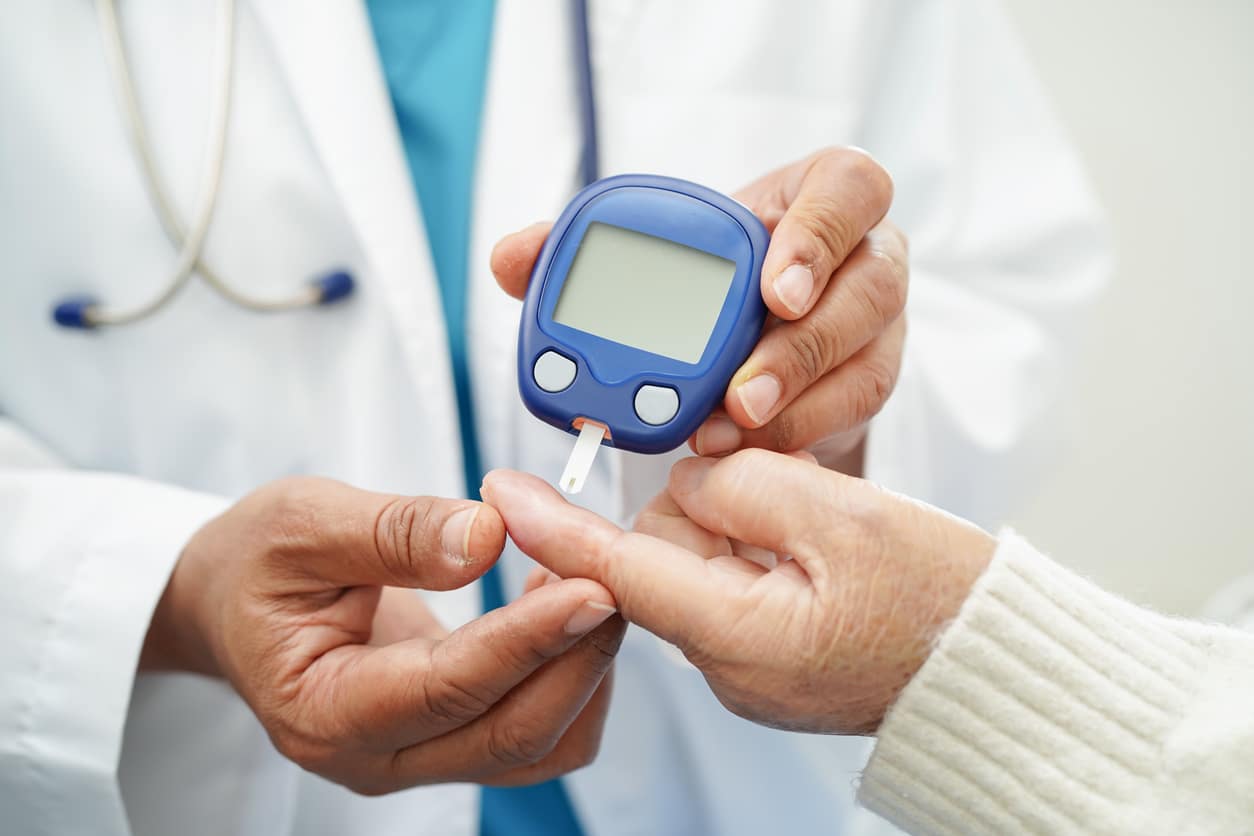More than one in ten Americans lives with diabetes, a condition well-known for its effects on energy levels, vision and circulation. However, one complication that often slips under the radar is hearing loss.
Understanding why this complication arises can help you take steps now to protect both your blood sugar and your hearing.
Why Diabetes Can Harm Your Hearing

Research found that even prediabetes, when blood sugar levels are high but not yet in the diabetic range, can raise the risk of hearing loss by roughly 30%.
Your ears depend on tiny blood vessels and delicate nerve pathways to send sound signals to your brain. Diabetes can disrupt both (Centers for Disease Control, 2024).
High blood sugar can damage those microscopic blood vessels in the inner ear, limiting the oxygen and nutrients they need.
Low blood pressure can reduce the performance of the auditory nerves, interfering with the brain’s ability to process sound.
Signs of Hearing Loss
Hearing changes may not be obvious at first. Early signs include:
- Trouble following conversations in noisy settings
- Needing people to repeat themselves
- Thinking others are mumbling
- Turning up the TV or music louder than before
- Feeling drained after social events
Because hearing loss from inner ear damage is permanent, catching changes early is key.
Keeping Diabetes in Check
Effective diabetes management benefits your overall health, including your hearing. Strategies include:
- Regular blood sugar monitoring with guidance from your healthcare provider
- Insulin for those with Type 1 diabetes and some with Type 2
- Oral medications to help regulate blood sugar
- Consistent exercise, like walking, swimming or cycling along the Floyd River Trail, can improve insulin sensitivity
- Balanced nutrition with mindful carb counting to match insulin needs
Safeguarding Your Hearing
Managing blood sugar is one of the most effective ways to lower your risk of diabetes-related hearing damage. If you have prediabetes, early action can help prevent progression and reduce your hearing loss.
Pair that with routine hearing evaluations. Annual hearing tests can identify subtle changes long before they become major challenges. If necessary, modern hearing aids can help restore clear communication and ease listening fatigue.
Contact Ear, Nose & Throat Consultants today to schedule a hearing test with one of our trusted specialists.